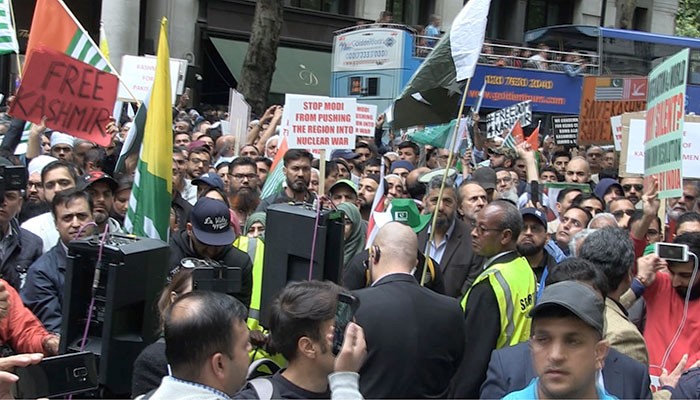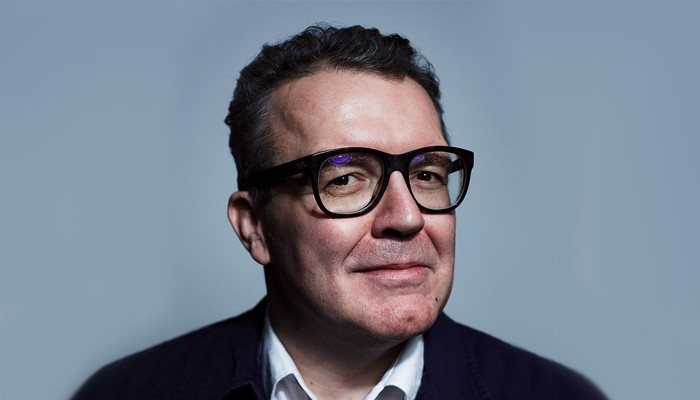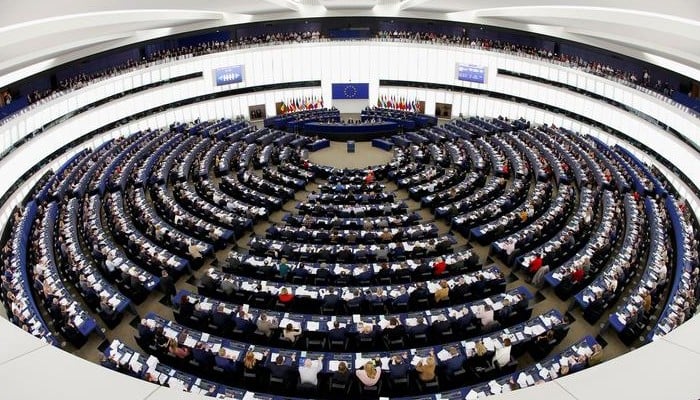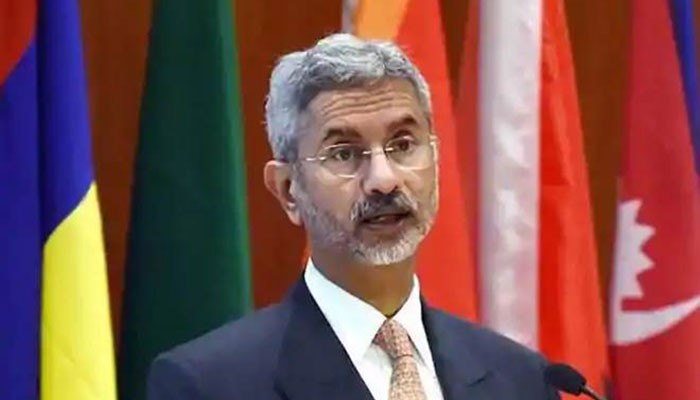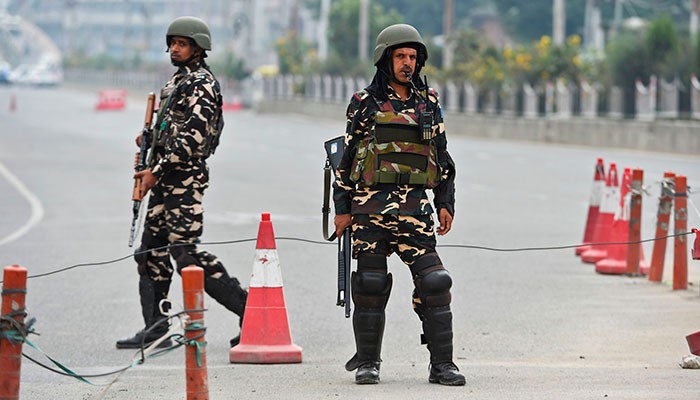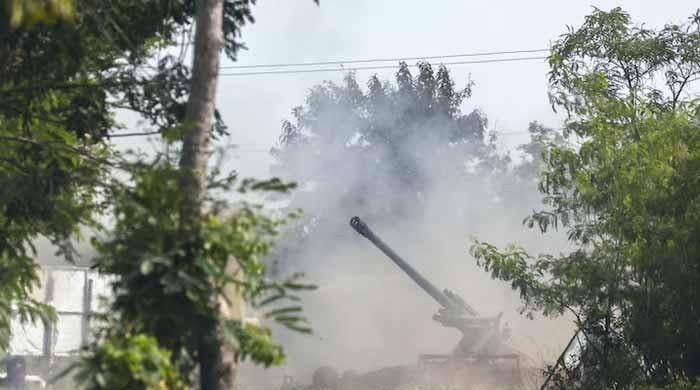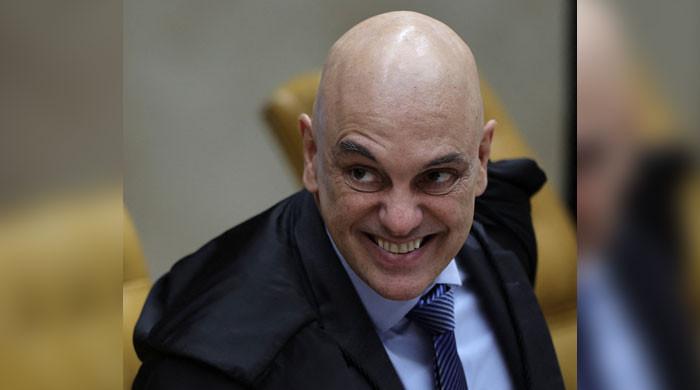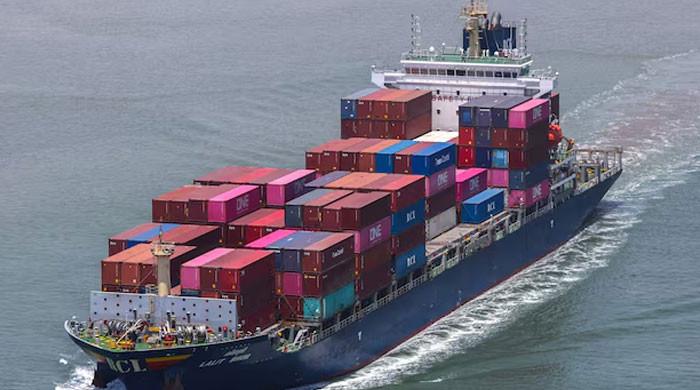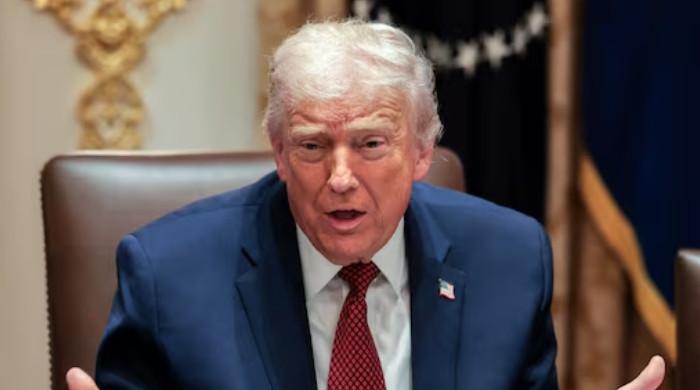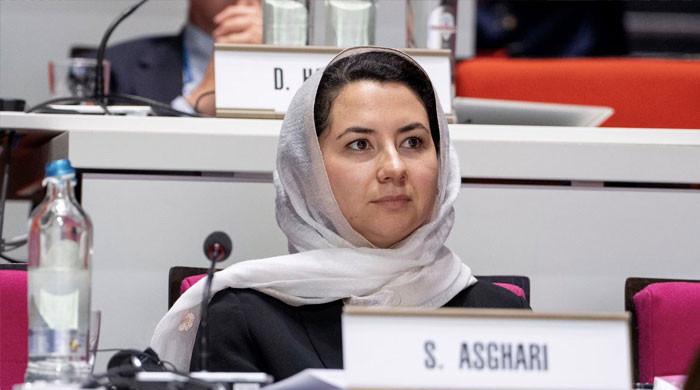Thousands march in London for Kashmir in unprecedented show of anger against India
Kashmir Freedom March participants assembled in London's Parliament Square, with coaches coming from all over UK
September 03, 2019
LONDON: Thousands, mostly Kashmiris, marched here Tuesday in the UK's capital to show solidarity with the oppressed people of occupied Kashmir as the curfew and media and communication blackout in the valley entered the 30th consecutive day.
By all counts, the #KashmirFreedomMarch rally was bigger than the massive August 15 protest when nearly 15,000 had gathered outside Indian High Commission after Indian Prime Minister Narendra Modi’s government revoked Article 370.
Protesters arrived on buses from all over Britain to gather at 12 noon at the Parliament Square across the Palace of Westminster. The organisers were expecting the number of participants to be at around 2,000 but a much larger crowd turned up as men, women, young, and old, all came on their own to participate in the march.
The march started from London's Parliament Square and proceeded to the Indian High Commission to express solidarity with oppressed folks in the Muslim-majority Himalayan region and demand India to lift curfew and end the human rights violations.
Called by the Jammu & Kashmir Liberation Front (JKLF), the #KashmirFreedomMarch was supported by all Kashmiri and Pakistani groups, including the British chapters of the Pakistan Tehreek-e-Insaf (PTI), Pakistan Muslim League-Nawaz (PML-N), Pakistan People's Party (PPP), and the Jamaat-e-Islami Pakistan (JI), as well as a number of human rights groups.
As part of the code of conduct, neither were politicians and leaders allowed to make speeches nor political party permitted to bear flags — everyone was united to voice their condemnation and direct their anger at the Indian government, Bharatiya Janata Party (BJP), Rashtriya Swayamsevak Sangh (RSS) and Modi. All around, only Kashmiri flags were visible.
Chants of "We want freedom," “Freedom is right of Kashmir,” “India leave Kashmir, “Terrorist, terrorist, Modi terrorist,” “Save Kashmir from BJP and RSS,” and "Kashmiris need justice" rang out in the crowd, with protesters also calling out international organisations for not doing enough to free Kashmiris from India's violence.
Some demonstrators also carried placards equating Modi with Adolf Hitler and the Nazi ideology.
Protesters told Geo News they wished to convey to the oppressed people of Kashmir that they were not alone in their struggle against India and its brutalities. They said the Modi regime had enforced a crippling lockdown in the occupied region since revoking its special status under Article 370.
As marchers arrived at the Indian High Commission, a large contingent of police officers cordoned off the path outside from all sides.
Protesters threw shoes, eggs, and water bottles to express their anger at the Indian government's actions and atrocities against Kashmiris who are cut off from the rest of the world due to a communications and media clampdown. They stayed there for over two hours, dispersing peacefully later.
The Indian government had imposed a lockdown and communications blackout in occupied Kashmir just before it repealed Article 370 of its Constitution on August 5. While the lockdown is still in place, New Delhi has claimed after a month that it has eased some restrictions — a claim rejected by independent observers and international media.
Who is most at risk in Indian-occupied Kashmir?
Britain is home to more than a million Kashmiris, most of whom originate from Azad Kashmir and are known for relentlessly campaigning for the freedom of their motherland.
In the #KashmirFreedomMarch, as well as the August 15 demonstration, it was observed that most of the people in attendance had never been to any protest before.
The revocation of Article 370 has turned around the Kashmir issue in terms of internationalising it with the on-ground, gory details of India-sanctioned human rights abuses made their way into the western media.
A day prior, the Indian High Commission in London was infuriated after the UK's shadow culture secretary and the deputy leader of the Labour Party, Tom Watson, had highlighted a "humanitarian crisis" in the Indian occupied Kashmir and expressed solidarity with the Kashmiris.
Watson had used strong words to call out India over its aggression, violence, and human rights abuses in occupied Kashmir during the Kashmir Solidarity Day rally outside Birmingham City Council.
He had said: "I've never seen more worry on your faces than I've seen in the last 25 days. You're worried about your loved ones that you can't communicate with."
The Labour Party leader noted that people in occupied Kashmir "do not get medical supplies" and how "there's no food or water or basic provisions", terming the blackout "a humanitarian crisis".
"That is a responsibility for all of us in the international community," he stressed.
Infuriated by Watson's words, the Indian High Commission in London had responded by denying "facts on the ground" and saying: "Most of the phones working, no shortage of essential supplies and medicines, shops open, transport plying normally, most schools open, restrictions on movement substantially relaxed.
"Life is returning to normal," it had said in a tweet.
The same day, the European Parliament's Committee on Foreign Affairs (AFET) had demanded that India's Prime Minister Narendra Modi immediately lift the New Delhi-sanctioned curfew in occupied Kashmir.
Expressing serious concern over the complete communication and media blackout in the Muslim-majority Himalayan region, the European Parliament had strongly criticised India and its members condemned the behaviour of Modi's Bharatiya Janata Party (BJP) administration.
Members of the European Parliament had further said the European Union (EU) and the European Parliament should issue a reactionary statement on the situation in occupied Kashmir as soon as possible.
